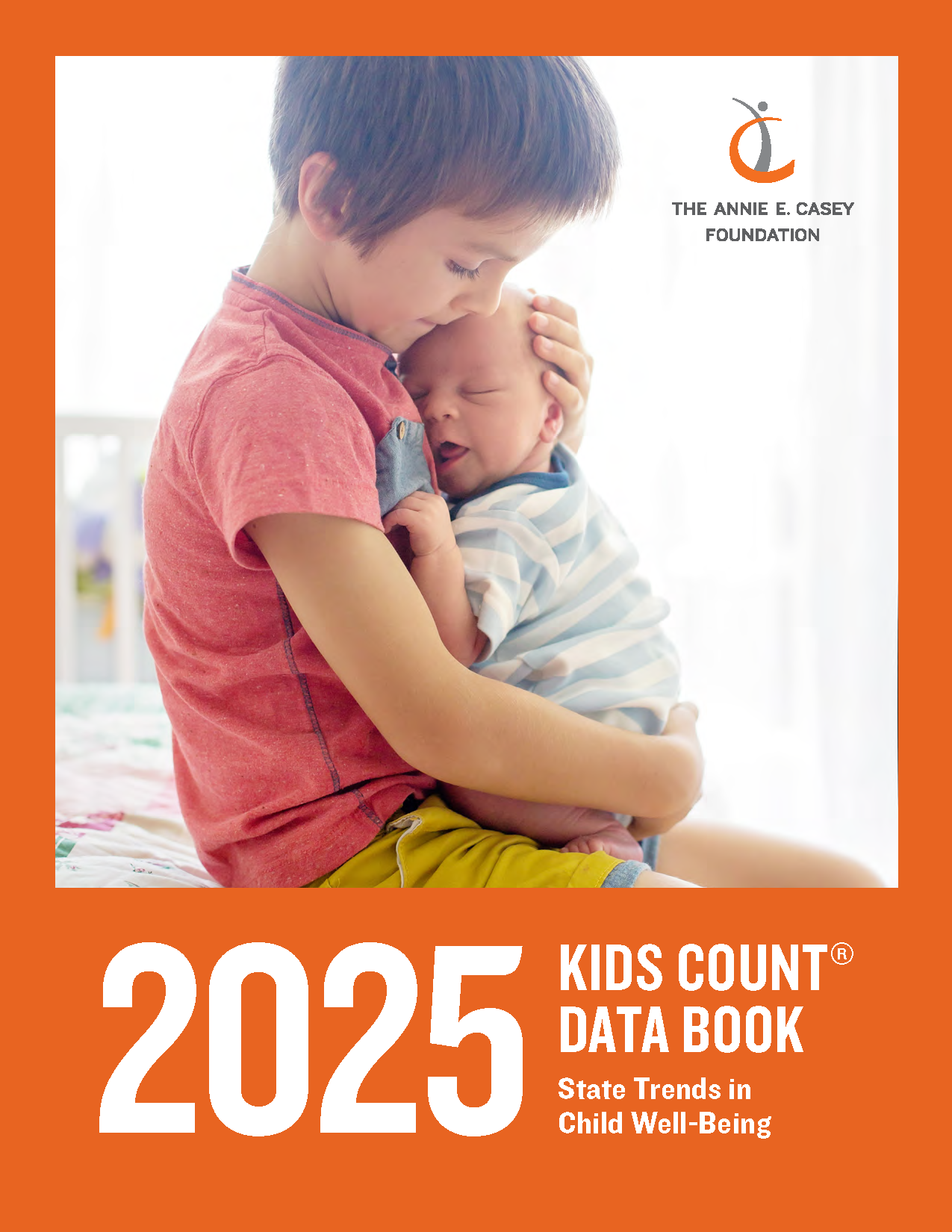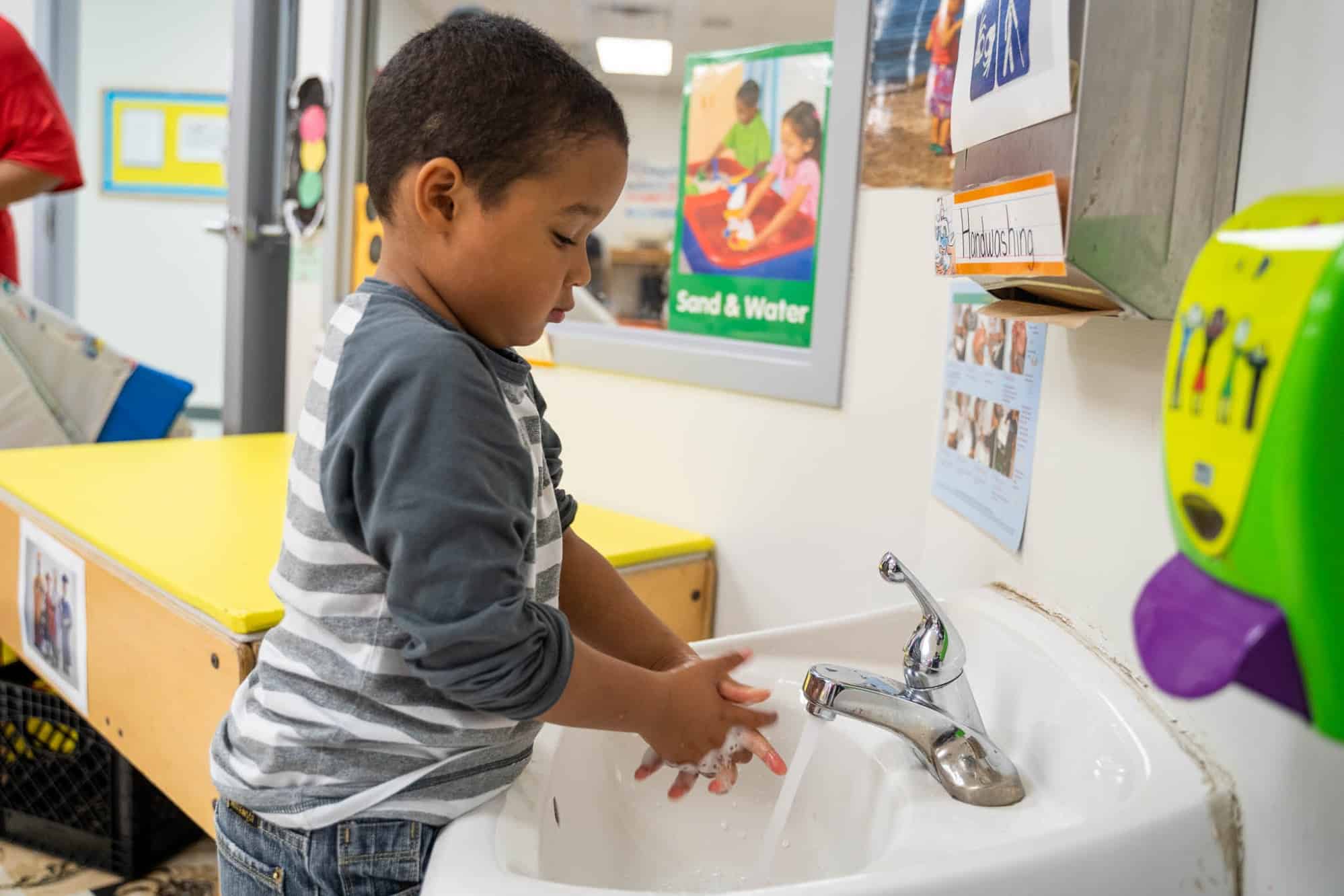Research and data is one of NC Child’s core strategies to support kids and families. We provide advocates and decision-makers with reliable data to better understand child well-being.
The NC Child Data Center centralizes more than 35 metrics assessing child welfare, early childhood education, elementary and secondary education, child health and well-being, and family economic security. Advocates can filter the data by county and by legislative district.
The Mental Health Mapping Dashboard gives advocates an inside look at what resources are available to students in school districts across the state. It also gives us a roadmap to where and how we can expand access to school-based mental health resources so we can improve outcomes for our state’s young people and set them up for a lifetime of success.
NC Child’s county data cards provide local snapshots of child well-being by county. They also compare county data to children in the state as a whole. Along with the print-friendly county data cards, we also release an interactive County Data Dashboard, allowing you to dive more deeply into the data for each county.
County data cards present the latest data for key indicators in five areas of children’s well-being: A Strong Start, Family Economic Security, Nurturing Homes and Communities, Health and Wellness, and High-Quality Education.
The KIDS COUNT Data Center is an easy-to-use, powerful, online database that allows anyone to generate custom reports. You can find reports for one geographic area (Profiles), or compare different geographic areas across a specific topic (Ranking, Maps, or Line Graphs).
The database includes information on education, employment and income, health, access to health insurance, population, family characteristics, poverty, and youth risk factors.

KIDS COUNT is a national and state-by-state project of the Annie E. Casey Foundation to track the well-being of children in the United States. NC Child is the North Carolina KIDS COUNT partner. NC Child maintains and records more than 100 measures of child well-being at the state and local levels.
For 20 years, the North Carolina Child Health Report Card has served as the go-to source for top-level analysis on the health and safety of children and youth in North Carolina. The Report Card compiles key indicators into one easy-to-read document. It is used by policymakers, practitioners, advocates, and local communities to monitor changes in child-health outcomes, uncover emerging data trends, and support strategic planning for future investments. NC Child partners with the North Carolina Institute of Medicine to produce this report every other year.

In partnership with the NC Division of Public Health, NC Child has developed a tool to help fight persistent racial disparities in health outcomes. The North Carolina Health Equity Impact Assessment helps decision-makers focus their efforts, and align their strategies, to get the best possible outcomes for families of all races and ethnic backgrounds.
